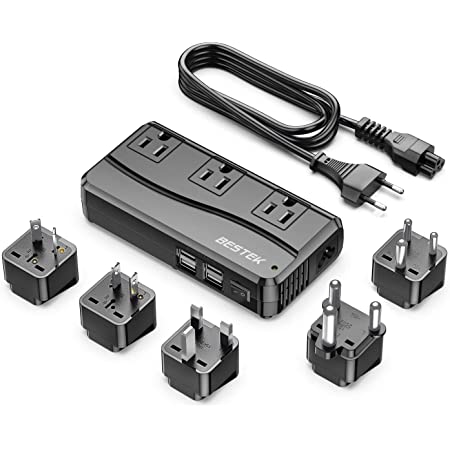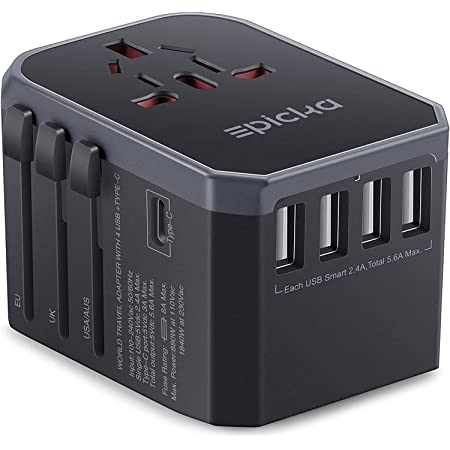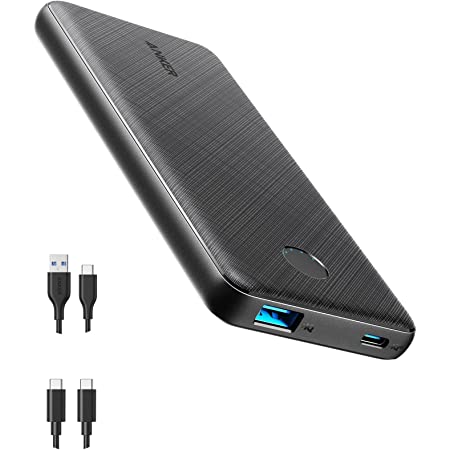Plug For Angola: What You Need To Know
What is the plug for Angola? Before you travel, check the information below to make sure your electronic devices are compatible with the outlet type and voltage.
Electrical Summary
Plug Compatibility: Type C, Type F
Voltage: 220V – 240V
Frequency: 50 Hz
Type C

Type F

Can North Americans use Electronics in Angola without an Adapter?
No! North Americans will need an adapter for the outlets and a transformer for the voltage when traveling to Angola. North Americans device plugs will not work with the outlet types in Angola. Also, the voltage in Angola is different from North American voltages.
Can Europeans use Electronics in Angola without an adapter?
Yes! Europeans do not need a travel adapter or transformer when traveling to Angola. Most device plugs will work with the outlet types in Angola. Also, the voltage in Angola is the same as in Europe.
What Outlet does Angola Use?
Type C

Type C plug sockets are used in Europe, Africa and Asia. They have two round pins and no grounding pin. These plugs are typically used with devices that have a voltage of 220-240V. This outlet is rated for 2.5 amps. Plug Type E, and Type F are compatible with this socket. All other plug types will need an adapter.
Type F

Type F electrical plug sockets are used in Germany, Spain, Italy and some parts of Africa. They have two round pins and a grounding pin. These outlets are typically used with devices that have a voltage of 220-240V. This outlet is rated for 16 amps. Plug Type C and Type E are compatible with this socket. All other plug types will need an adapter.
Recommended Products:
Is it safe to drink water in Angola?
The safety of drinking water in Angola can vary depending on the location and source of the water. In general, the water quality in Angola is poor, and waterborne diseases are common. According to the World Health Organization (WHO), only 26% of the population has access to safe drinking water, and many people rely on untreated water sources such as rivers and wells.
Water contamination is a significant issue in Angola, and it can result from a variety of factors such as poor sanitation, industrial pollution, and agricultural runoff. Additionally, natural disasters such as floods and droughts can also affect water quality.
Therefore, it is advisable to take precautions and avoid drinking tap water in Angola. Instead, drink bottled water, which is widely available, and ensure that the seal is intact before opening. It is also recommended to avoid consuming ice, raw fruits, and vegetables that have been washed with tap water.
If you are traveling to Angola, it is recommended that you consult with a travel health specialist for specific recommendations on how to stay healthy and avoid waterborne diseases.
We recommend always packing a filtered water bottle when traveling:
Travel Essentials
Be sure to check our list of travel essentials before your trip!
Should I get travel insurance when traveling to Angola?
It is generally recommended to get travel insurance when traveling to a different country. Travel insurance can provide financial protection and peace of mind in case of unexpected events, such as medical emergencies, trip cancellations, lost or stolen baggage, or other travel-related mishaps.
Travel insurance can cover various expenses related to your trip, such as medical expenses, emergency medical transportation, trip cancellation or interruption, lost or stolen baggage or personal belongings, and other travel-related expenses.
Before purchasing travel insurance, it’s important to carefully review the policy details, including the coverage limits, exclusions, and any applicable deductibles or copays. You should also make sure that the policy covers any activities or destinations that you plan to participate in or visit during your trip.
Travel Summary
Angola is a vast country located in southwestern Africa, known for its diverse wildlife, stunning natural scenery, and rich cultural heritage. While Angola has many attractions to offer visitors, it’s important to note that the country is still recovering from years of civil war and that travel can be challenging.
One of the top attractions in Angola is the Kissama National Park, which is home to a wide range of wildlife, including elephants, lions, and giraffes. Visitors can take guided safaris and hiking tours to explore the park’s stunning landscapes and see the animals up close.
The capital city of Luanda offers visitors a taste of Angola’s culture and history, with several museums and historic landmarks, including the Fortaleza de São Miguel, a 16th-century fortress that now serves as a museum.
Angola is also known for its beautiful beaches, particularly in the province of Benguela, where visitors can enjoy swimming, sunbathing, and water sports. Other popular attractions include the Tundavala Gap, a stunning natural formation that offers panoramic views of the surrounding landscape, and the Kalandula Falls, one of the largest waterfalls in Africa.
While Angola has made significant progress in recent years, it’s important to note that the country still faces significant challenges, including high levels of crime and political instability. Visitors should take extra precautions and stay informed about the security situation in the country. It’s also important to respect local customs and dress modestly, particularly in more conservative areas.
Overall, Angola is a unique and fascinating destination that offers visitors a chance to explore Africa’s natural beauty and rich cultural heritage. With its friendly locals and diverse attractions, Angola is well worth a visit for those willing to take the necessary precautions.
Traveling to another country? Check out our Countries page for more info.


